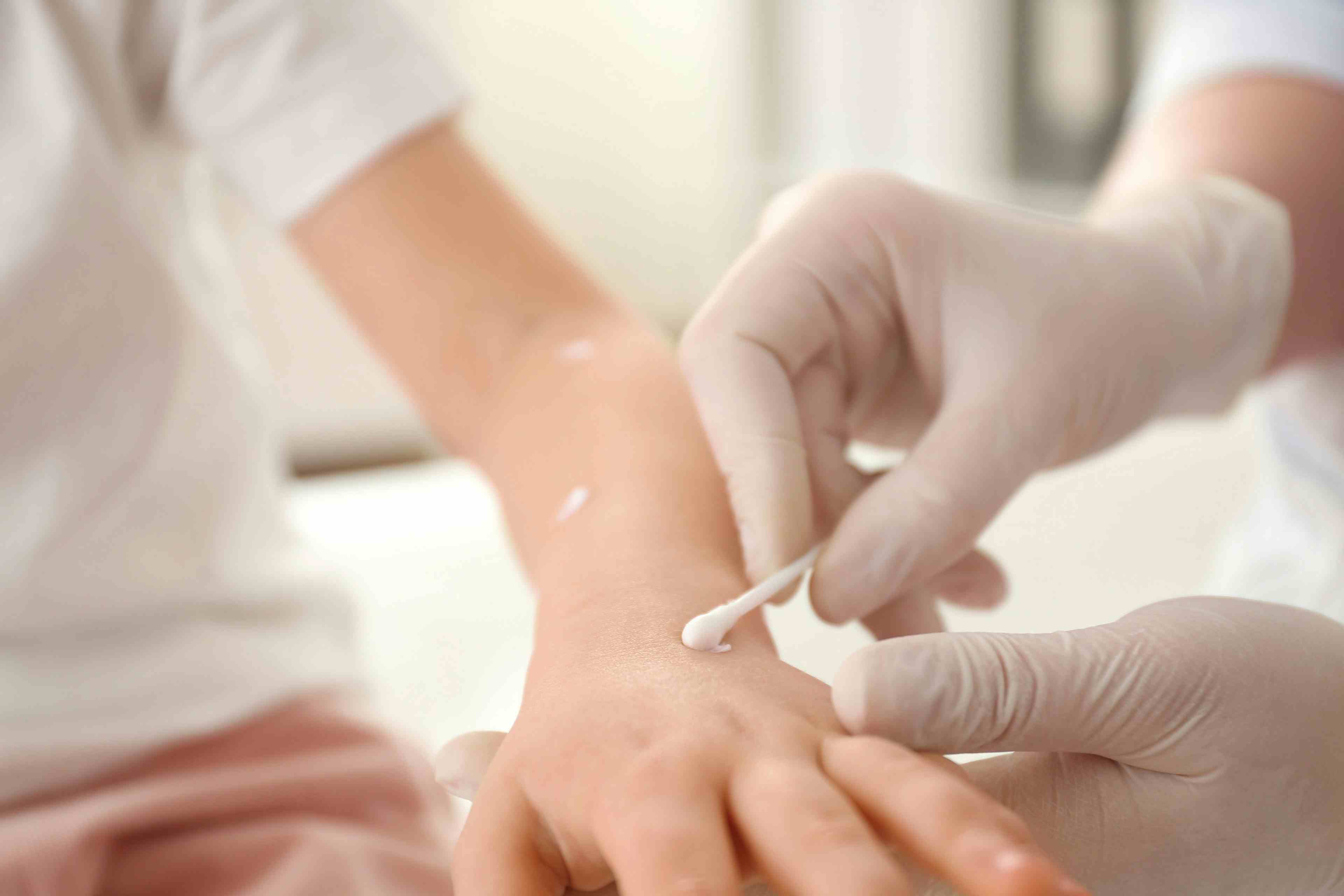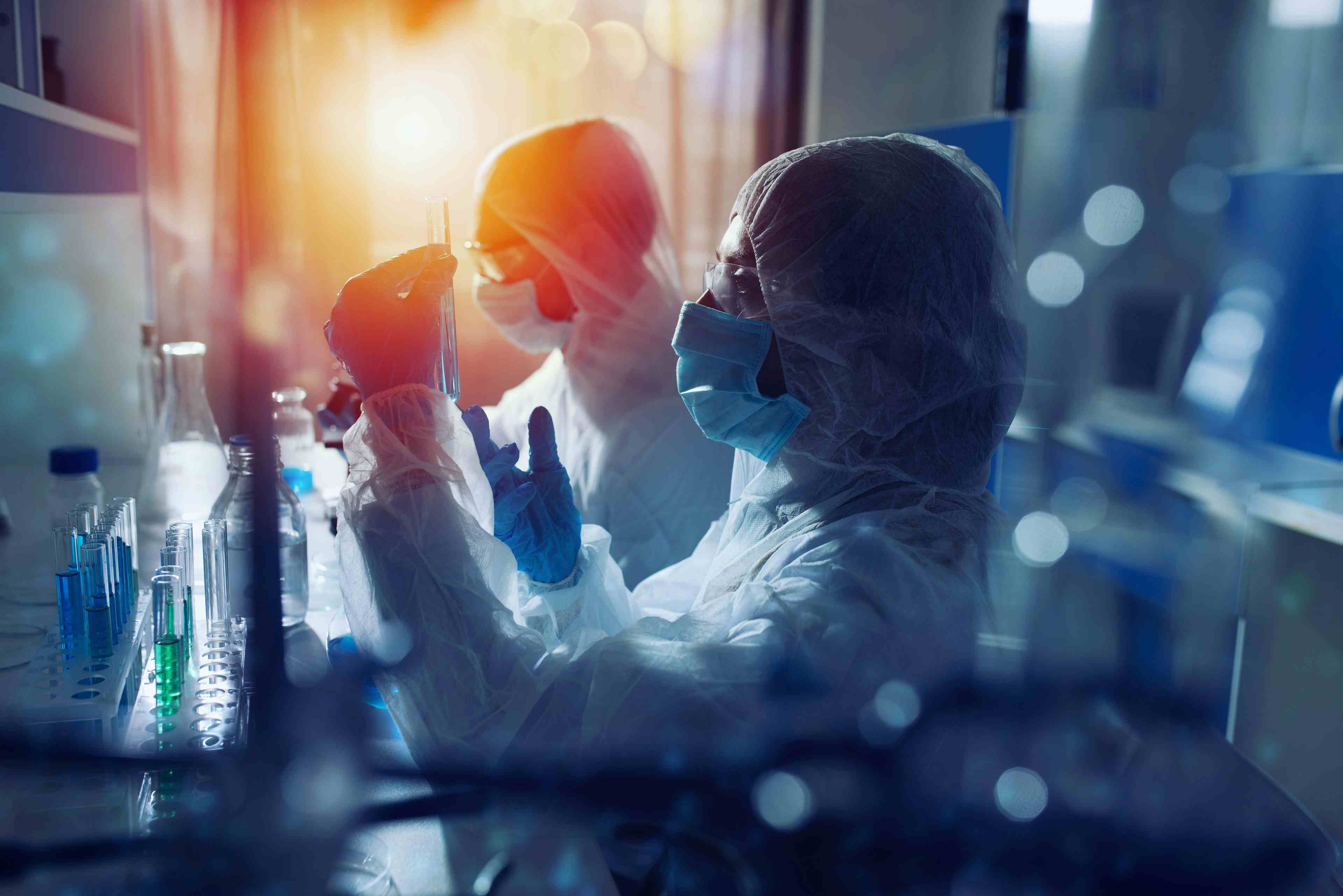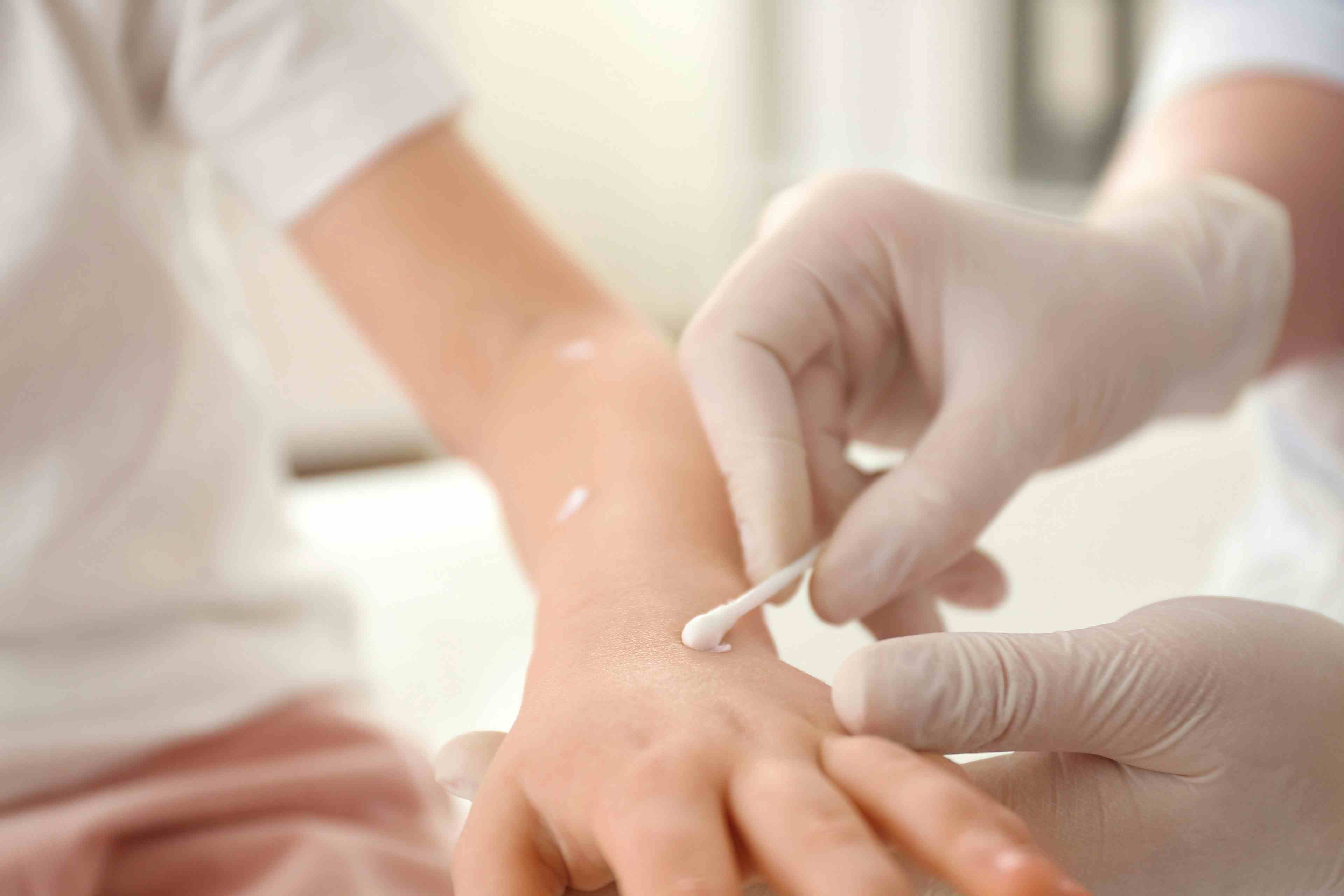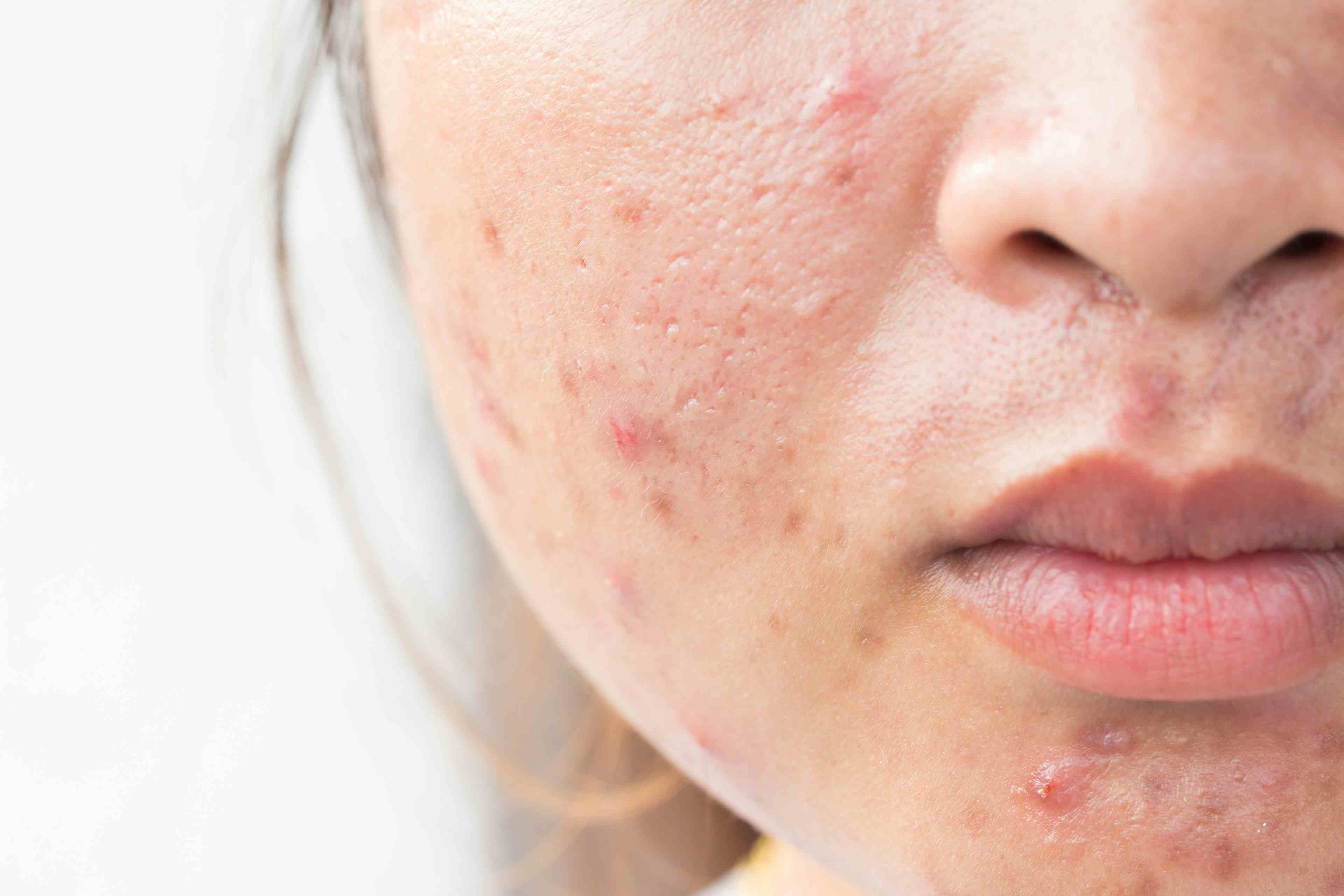- Acne
- Actinic Keratosis
- Aesthetics
- Alopecia
- Atopic Dermatitis
- Buy-and-Bill
- COVID-19
- Case-Based Roundtable
- Chronic Hand Eczema
- Chronic Spontaneous Urticaria
- Drug Watch
- Eczema
- General Dermatology
- Hidradenitis Suppurativa
- Melasma
- NP and PA
- Pediatric Dermatology
- Pigmentary Disorders
- Practice Management
- Precision Medicine and Biologics
- Prurigo Nodularis
- Psoriasis
- Psoriatic Arthritis
- Rare Disease
- Rosacea
- Skin Cancer
- Vitiligo
- Wound Care
Article
Certain acne bacteria strain may protect skin
A strain of Propionibacterium acnes may contain properties that protect the skin from harmful bacteria, results of a study indicate.
A strain of Propionibacterium acnes may contain properties that protect the skin from harmful bacteria, results of a study indicate.
Investigators from the David Geffen School of Medicine at University of California, Los Angeles, examined P. acnes bacteria from 49 patients with acne and 51 subjects with clear skin, according to a news release. After extracting microbial DNA, researchers followed a genetic marker to identify bacterial strains and assess whether the patient suffered from acne.
After UCLA researchers isolated more than 1,000 strains of bacteria, scientists with Washington University sequenced genomes of 66 P. acnes strains to enable researchers to then target genes unique to each strain.
Two unique strains were found in one out of five patients with acne, but these strains were rare in subjects with clear skin, researchers noted. A third strain of P. acnes was common in healthy skin, but was rarely found in those patients who had acne.
“We suspect that this strain contains a natural defense mechanism that enables it to recognize attackers and destroy them before they infect the bacterial cell,” said Huiying Li, Ph.D., assistant professor of molecular and medical pharmacology at UCLA.
Investigators plan to next explore whether a probiotic cream could block “bad” bacteria from invading the skin and help to prevent acne breakouts.
The findings were published Feb. 28 in the Journal of Investigative Dermatology.
Newsletter
Like what you’re reading? Subscribe to Dermatology Times for weekly updates on therapies, innovations, and real-world practice tips.
















